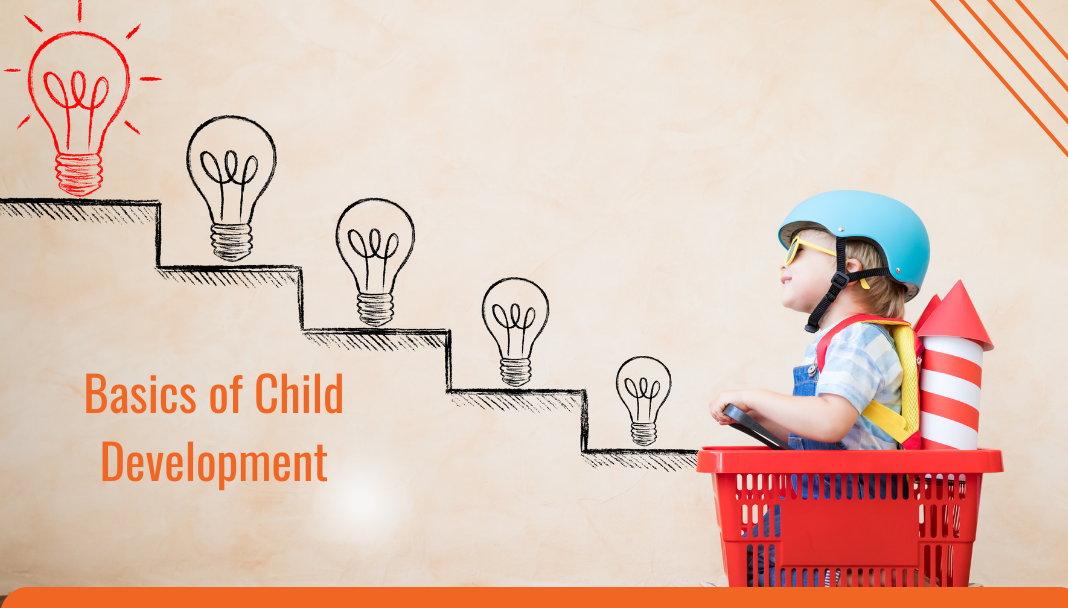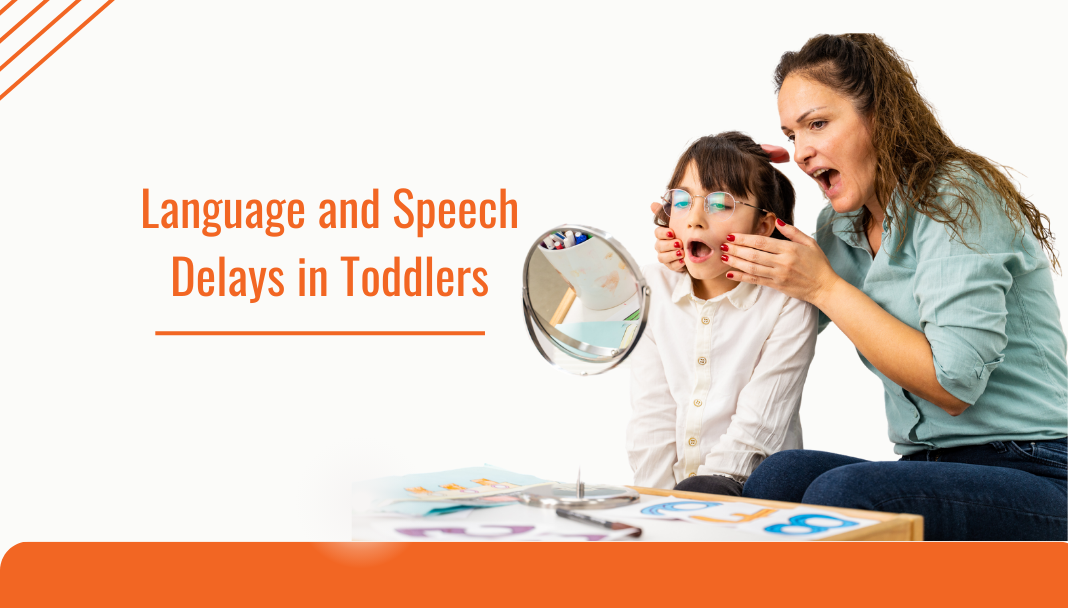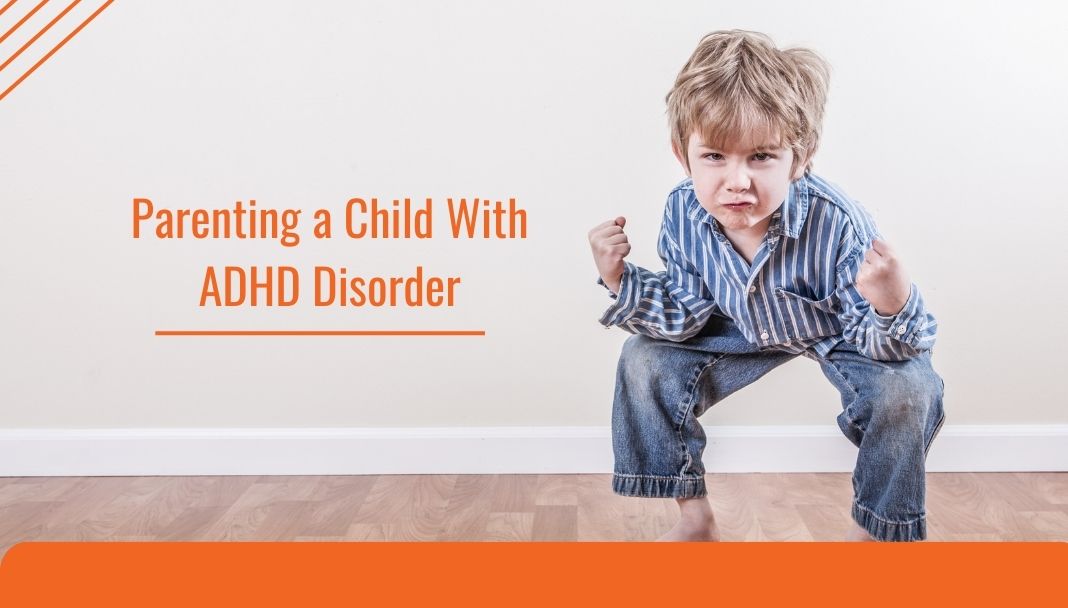Attention deficit hyperactivity disorder (ADHD), a neurodevelopmental disorder that disrupts attention and impulse control and often involves hyperactivity, is a prevalent condition impacting millions of children globally.
It’s characterised by inattention, hyperactivity, and impulsivity, which can significantly impact a child’s academic, social, and emotional well-being.
Parenting a child with ADHD is demanding, but with understanding, support, and practical strategies, parents can nurture their children to thrive.
Understanding ADHD
Before diving into parenting strategies, it’s crucial to grasp the core characteristics of ADHD. As mentioned earlier, ADHD manifests in three primary ways:
- Inattention: Children with ADHD often struggle to focus, easily get distracted, and have difficulty completing tasks. They may need to remember instructions, daydream frequently, and lose belongings.
- Hyperactivity: Hyperactive kids tend to be excessively fidgety, restless, and have difficulty sitting still for extended periods. They may impulsively blurt out answers, run around in inappropriate settings, and have trouble taking turns.
- Impulsivity: Impulsive children act without thinking, often leading to consequences. They may make rash decisions, interrupt others, and struggle with self-control.
It’s important to remember that ADHD is a spectrum disorder, meaning ADHD symptoms in kids can vary significantly in intensity and presentation from child to child.
Some children may exhibit predominantly inattentive symptoms, while others may display a combination of all three.
Initially, parents may not recognize these behaviours as ADHD, perceiving them as mere misbehaviour.
Dealing with ADHD-related actions can induce stress, frustration, and a sense of disrespect among parents.
Parents might feel ashamed of others’ opinions on their child’s behaviour, questioning if they played a role. Yet, for kids with ADHD, skills to manage attention, behaviour, and activity don’t develop naturally.
By understanding ADHD in children and implementing effective parenting strategies, parents can support their children’s improvement and success.
Parenting Strategies for Success
Now that we have a clearer understanding of ADHD, let’s explore some effective parenting strategies:
Be involved – Educate yourself on ADHD, adhere to the prescribed treatment plan, attend recommended therapy sessions, and administer ADHD medications as directed by the healthcare provider.
Always consult the doctor before altering medication doses, and ensure the secure storage of your child’s medicines.
Discipline with purpose and warmth – Understand effective discipline methods for children with ADHD and avoid those that may exacerbate the condition.
Seek guidance from your child’s therapist for tailored approaches to address their behaviours.
Since kids with ADHD can be sensitive to criticism, focus on encouraging and supportive correction rather than punitive measures.
Spend special time together every day – Spend quality time talking and engaging in enjoyable activities with your child, even briefly.
Provide undivided attention, compliment positive behaviours, and acknowledge achievements without excessive praise.
For instance, when your child exhibits patience, express appreciation by saying, “Your handling turns so well.”
Your relationship with your child matters most – Prioritise your relationship with your child, especially as kids with ADHD may struggle with feelings of inadequacy.
Uphold their self-esteem through patience, understanding, and acceptance. Communicate belief in their abilities and focus on the positive aspects of their character to foster resilience and a loving connection.
Establish clear routines and expectations: Children with ADHD thrive on predictability and structure. Create consistent routines for waking up, bedtime, meals, homework, and playtime.
Set clear expectations for behaviour and consequences for violating them.
Break down tasks into manageable steps – For children with ADHD, sizable tasks can feel daunting.
Simplify them by breaking them into smaller, manageable steps, and encourage positive reinforcement upon completing each.
Utilise positive reinforcement – Catch your child being good! Praise them for following instructions, completing tasks, and displaying desired behaviours. This will motivate them to repeat positive behaviours.
Minimise distractions – Create a distraction-free environment for homework, studying, and other focused activities. Turn off the TV, put away electronic devices, and find a quiet space to work.
Encourage open communication – Talk to your child about their ADHD and how it affects them. Listen to their concerns and frustrations, and create a safe space to express themselves.
Seek professional support – If you’re struggling to manage your child’s ADHD, don’t hesitate to seek professional help. Therapists, counsellors, and educational specialists can provide valuable guidance and support.
Stay organised – As a parent of a child with ADHD, staying organised is crucial. This will help you effectively manage your child’s routines, appointments, and medications.
Take care of yourself – Parenting a child with ADHD can be demanding. Schedule time for self-care, relaxation, and activities you enjoy. This will help you avoid burnout and be a more patient and effective parent.
Connect with other parents –
- Consider joining support groups or engaging in online communities tailored explicitly for parents of children with ADHD.
- Sharing experiences, advice, and encouragement with others who understand your challenges can be invaluable.
Remember, Parenting a child with ADHD is a journey, not a destination. There will be ups and downs, but you can help your child reach their full potential with knowledge, support, and practical strategies.
Consult Neuropedia to seek professional support in managing your child’s ADHD. Neuropedia, the UAE’s inaugural specialised paediatric neuroscience centre, provides top-notch care for children and youth from the UAE and GCC countries.
Neuropedia is a leading healthcare provider specialising in complex neurological, developmental, behavioural, and psychological disorders in children.
Neuropedia in Dubai offers holistic care for children with diverse neurological, developmental, behavioural, and psychological disorders from infancy to young adulthood.
Neuropedia ensures a comprehensive approach for children and families, covering diagnosis, treatment, rehabilitation, and long-term follow-up care, all under one roof.
Book an appointment now.











 04 343 1113
04 343 1113 info@neuropedia.ae
info@neuropedia.ae







.png)






